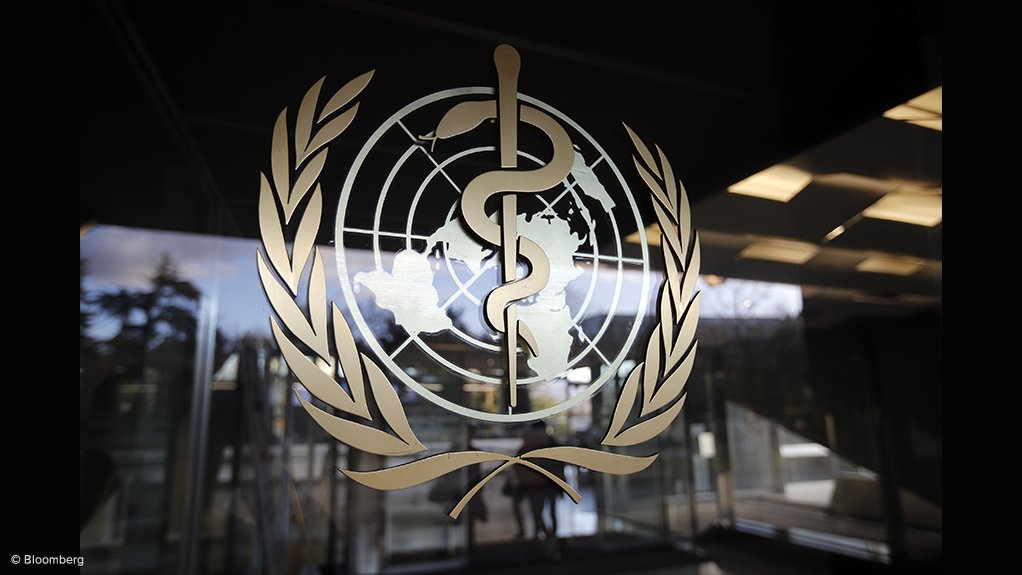The World Health Organization (WHO) announced on Thursday that it is deploying a surge team to Gauteng to support Covid-19 surveillance, contact tracing, infection prevention and treatment measures.
In Africa, the Omicron variant has now been detected in Ghana, Nigeria, Botswana and South Africa. So far, Botswana reported 19 Omicron variant cases and South Africa reported 172. Globally, more than 20 countries have detected the variant to date.
For the seven days leading to November 30, South Africa reported a 311% increase in new cases, compared with the previous seven days.
Cases in Gauteng have increased by 375% week on week. Hospital admissions rose 4.2% in the past seven days from the previous seven days. And Covid-19-related deaths in the province jumped 28.6% from the previous seven days.
WHO regional director for Africa Dr Matshidiso Moeti said African countries were stepping up measures to detect and control the spread of the Omicron variant as weekly new Covid-19 cases in the continent rose by 54% owing to an upsurge in Southern Africa.
Moeti urged countries to adjust their Covid-19 response and stop a surge in cases from sweeping across Africa and possibly overwhelming already-stretched health facilities.
She said the emergence of Omicron was rattling countries around the globe and underlined the importance of pandemic preparedness – the focus of a special session of the World Health Assembly that wrapped up this week.
“Countries agreed to launch a global process to draft and negotiate a convention, agreement or other international instrument under the WHO Constitution to strengthen pandemic prevention preparedness and response,” she said.
Moeti stated that Botswana is boosting oxygen production and distribution, which are essential for the treatment of critically ill patients.
“Additional epidemiologists and laboratory experts are also being mobilised to boost genomic sequencing in Botswana, Mozambique and Namibia. The WHO has mobilised $12-million to support critical response activities in countries across the region for the next three months,” she added.
African countries are also refining operational plans for stronger disease surveillance and investigations.
INVESTIGATIONS TO UNDERSTAND TRANSMISSIBILITY
Moeti said researchers and scientists in South Africa and the Southern African region were intensifying their investigations to understand the transmissibility, severity and impact of the Omicron variant in relation to the available vaccines, diagnostics and treatment and whether it is driving the latest surge in Covid-19 infections.
She explained that Omicron had a high number of mutations (32) in its spike protein, and preliminary evidence suggests an increased risk of reinfection when compared with other variants of concern.
She said while new Covid-19 cases were rising in Southern Africa, they had dropped in all other subregions during the past week from the previous week.
EMAIL THIS ARTICLE SAVE THIS ARTICLE ARTICLE ENQUIRY
To subscribe email subscriptions@creamermedia.co.za or click here
To advertise email advertising@creamermedia.co.za or click here











